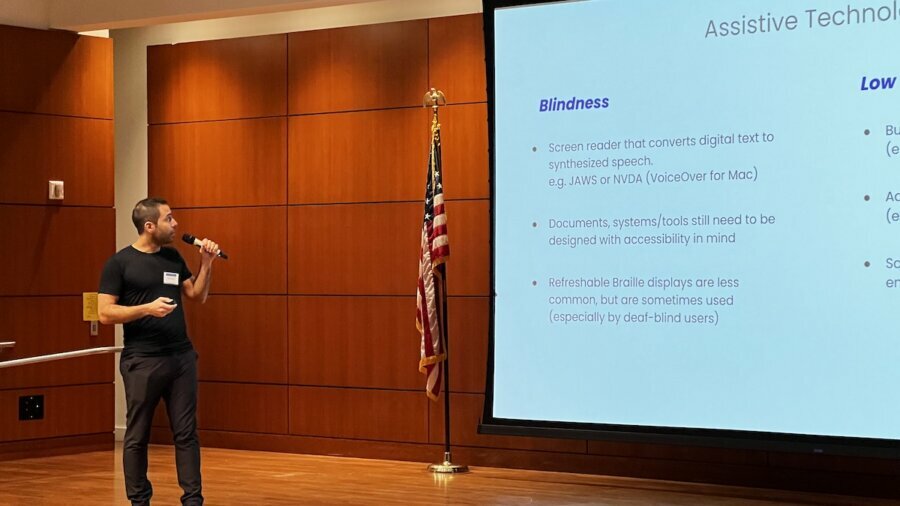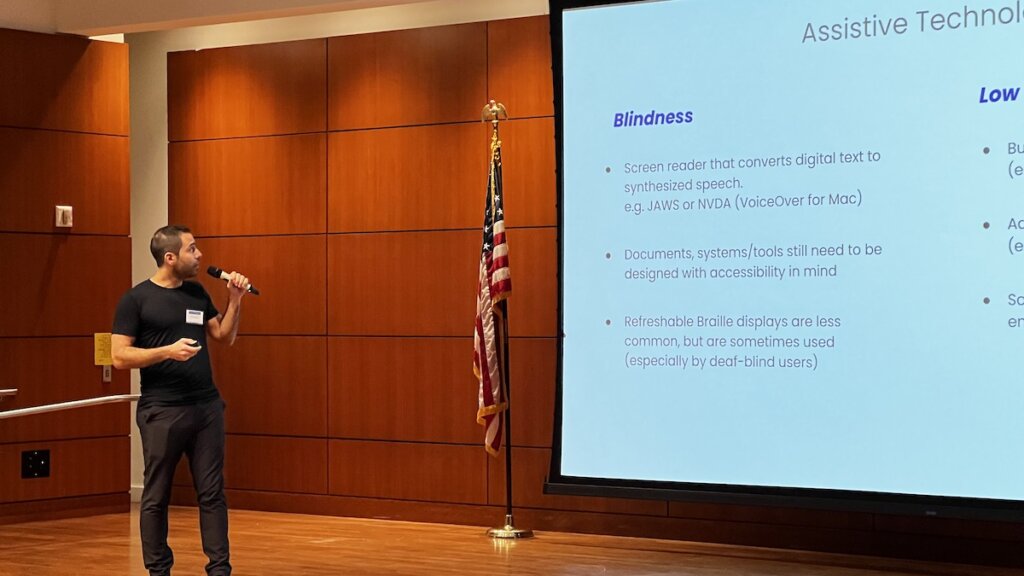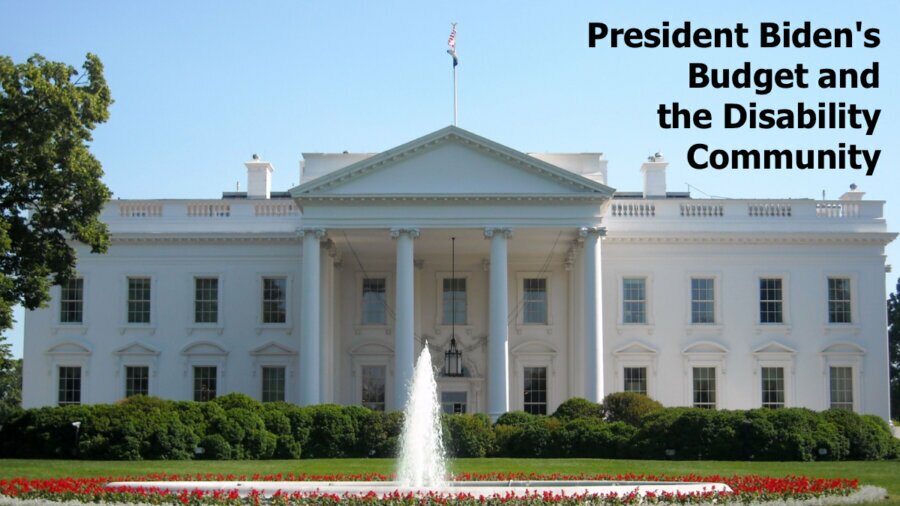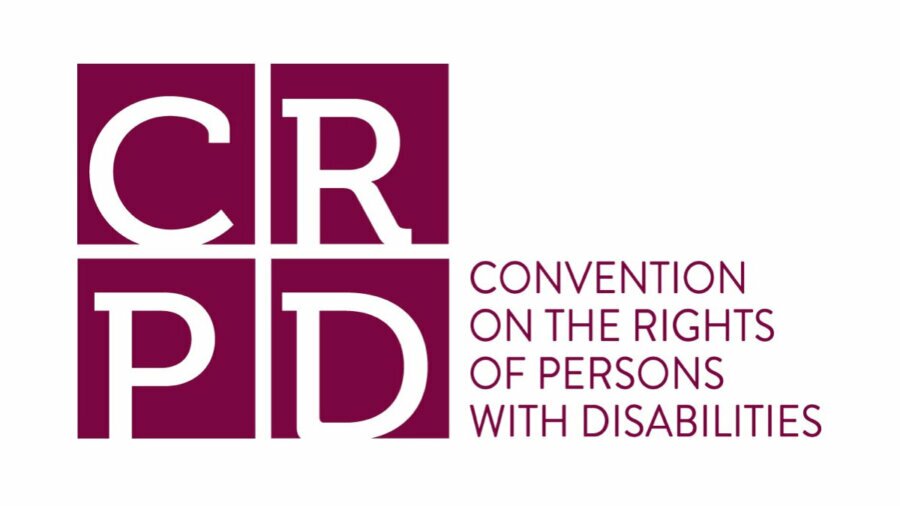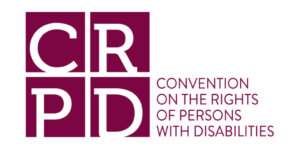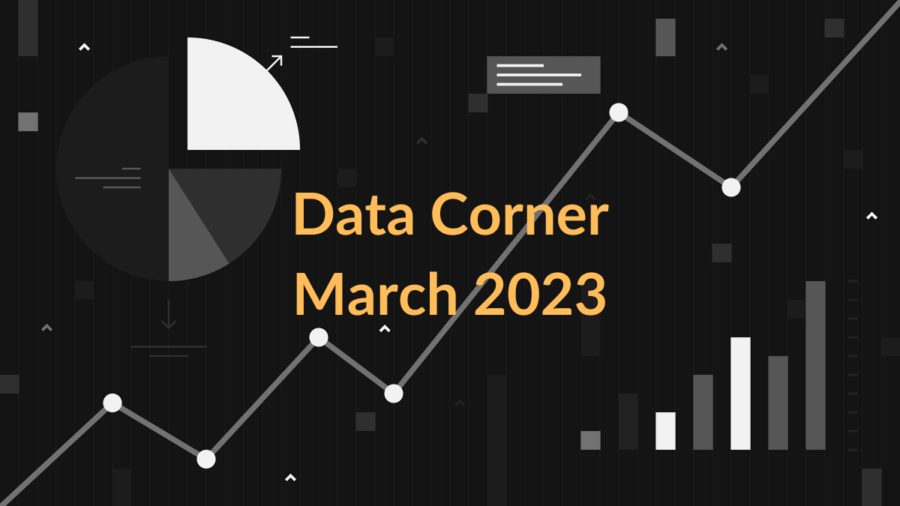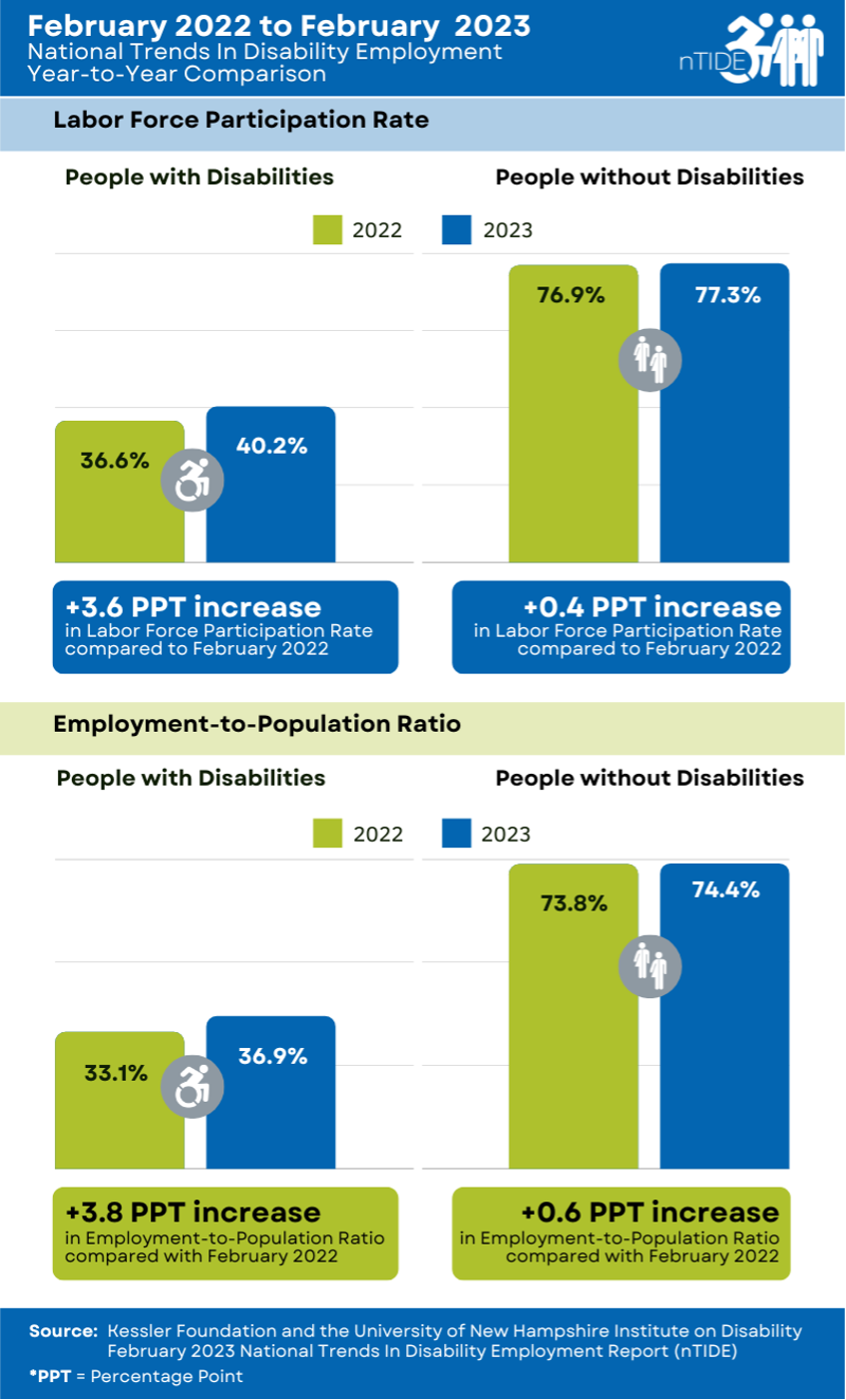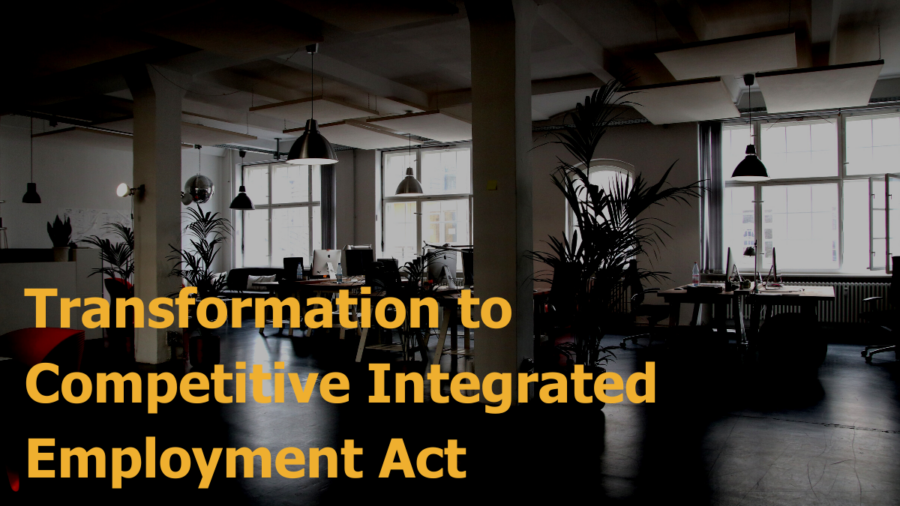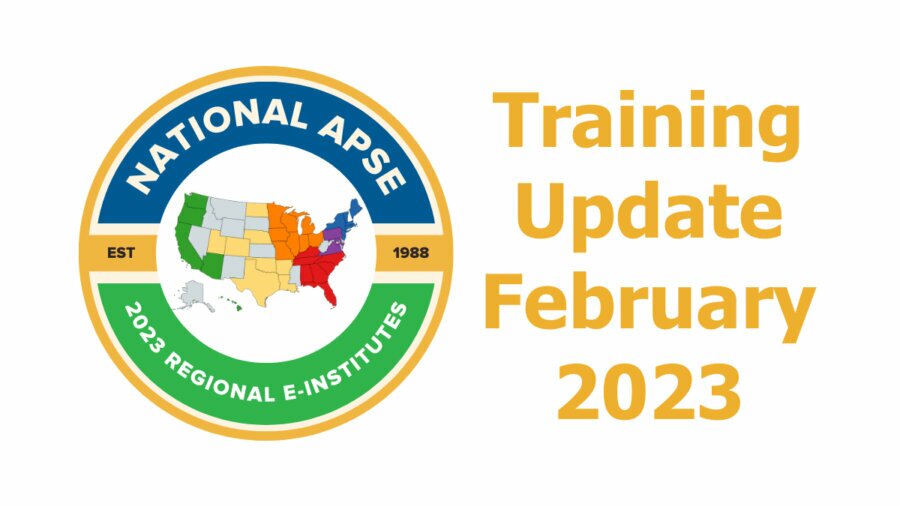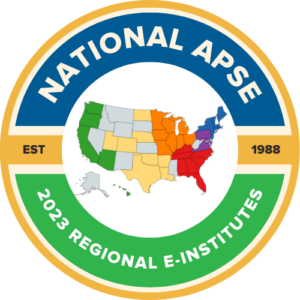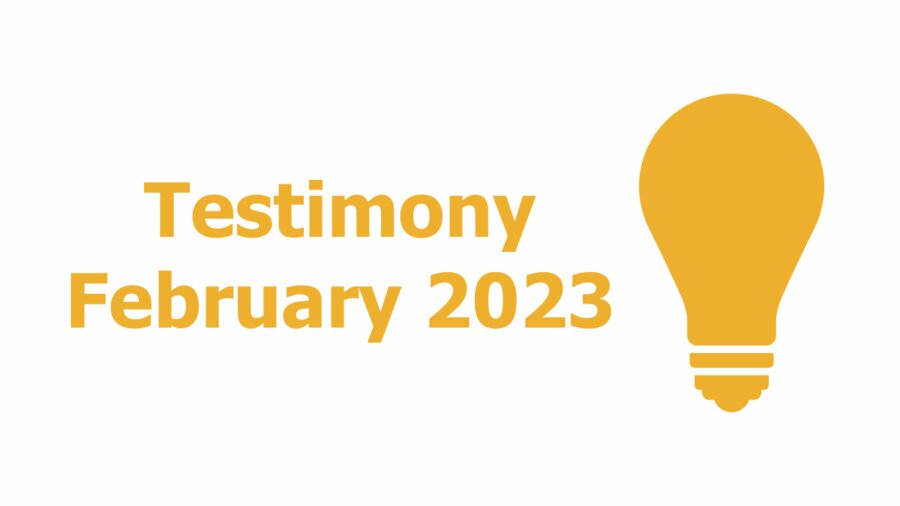 Our nation’s workforce system is a crucial aspect of the economy. It consists of many organizations, laws, and programs that connect people to jobs. But one significant component of the modern workforce system is in need of reauthorization.
Our nation’s workforce system is a crucial aspect of the economy. It consists of many organizations, laws, and programs that connect people to jobs. But one significant component of the modern workforce system is in need of reauthorization.
The Workforce Innovation and Opportunity Act of 2014, or WIOA, combined more than a dozen workforce development programs under a single legislative roof. Each program served one population with a barrier to employment, such as veterans, at-risk youth, or people with disabilities. The idea behind WIOA was that one integrated workforce program would be stronger and more effective than several isolated programs. The integrated workforce program serves all clients, regardless of which barrier(s) to employment they face. It is also subject to updated standards for performance and transparency.
The initial WIOA funding expired in 2020, but Congress has included funds in the budget every year since then. Some representatives have tried to officially re-authorize WIOA to ensure funding stability and make improvements to the legislation. In 2022, the House passed a WIOA re-authorization bill along party lines. The bill never made it through the Senate.
When considering the ideal form in which to reauthorize WIOA, we need to answer two questions: Is WIOA working as intended? If not, how can we improve it? The answer to these questions is found by examining the successes of WIOA as it relates to people with disabilities, and analyzing the causes in those places where the goals were not met. [continue reading…]


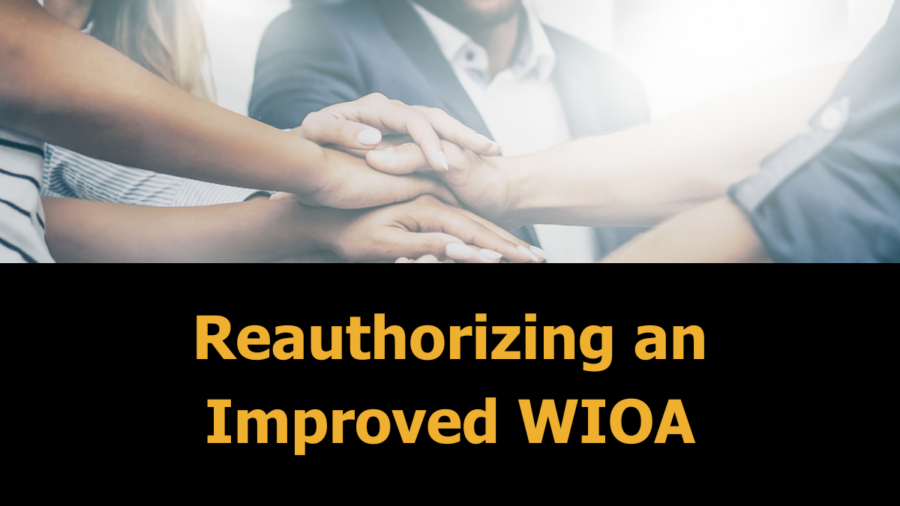
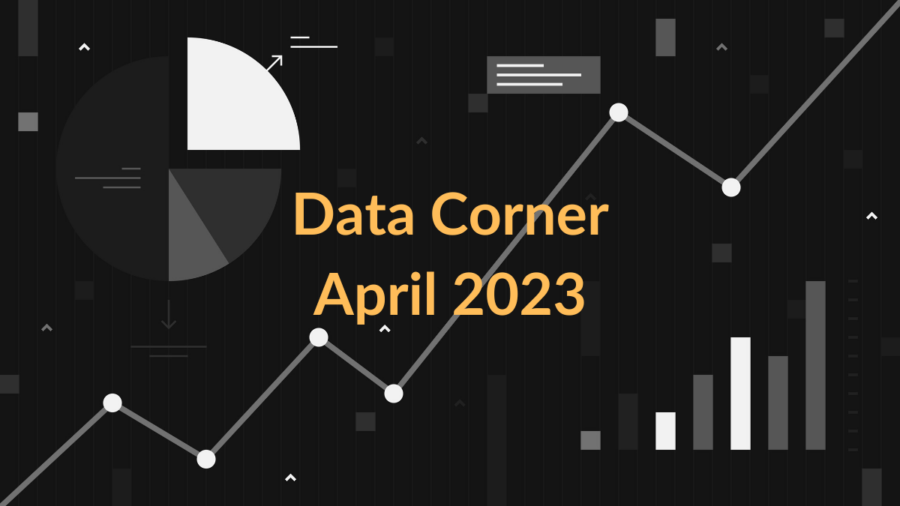
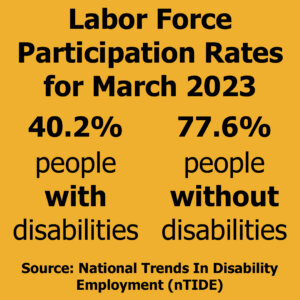 This month’s Data Corner again examines the tracking data of
This month’s Data Corner again examines the tracking data of 